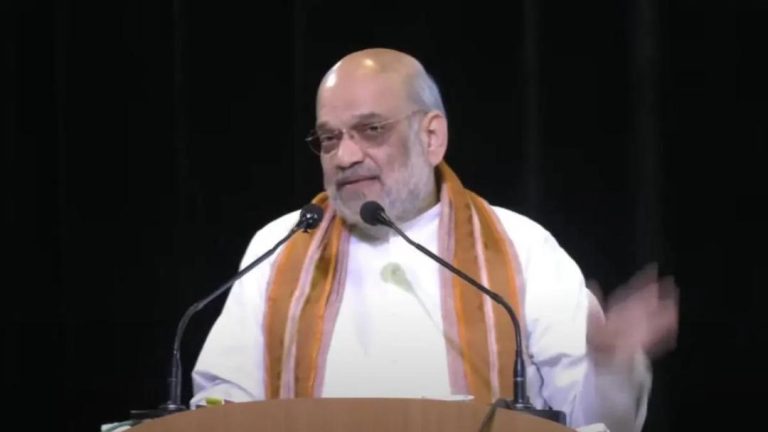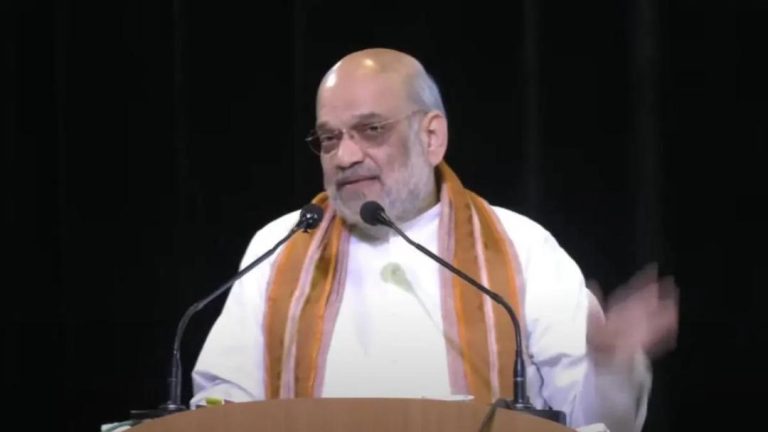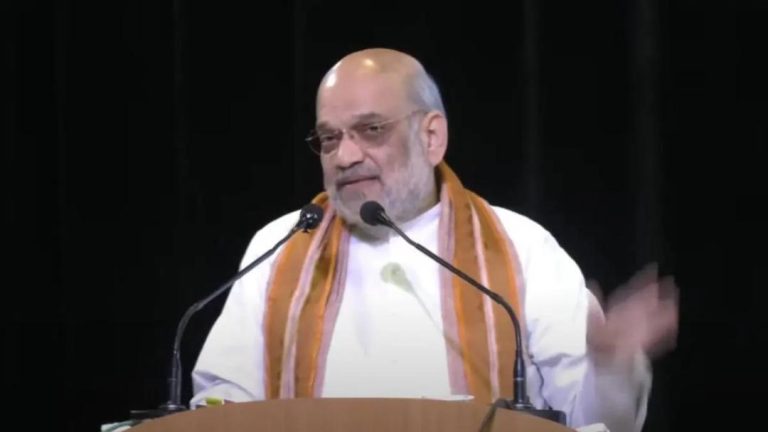
Title: If Aurangzeb was anti-Hindu, why did he have Hindu advisors: Azmi
The debate over the legacy of Mughal Emperor Aurangzeb Alamgir has been a contentious issue for centuries. In recent times, the controversy has gained momentum, with many historians and scholars revisiting the emperor’s reign and policies. Recently, SP leader and MLA Abu Azmi sparked a heated debate by stating that Aurangzeb was not cruel and that he had Hindu advisors. His remarks were met with criticism and skepticism by many, who pointed out that Aurangzeb’s policies and actions were indeed cruel and anti-Hindu.
However, Azmi’s response to the criticism was intriguing. He argued that if Aurangzeb had been anti-Hindu, it was unlikely that 34% of Hindus would have supported him or that he would have had Hindu advisors. According to Azmi, this suggests that Aurangzeb’s policies were more complex and nuanced than they are often portrayed.
It is true that Aurangzeb’s reign was marked by several significant events and policies that had far-reaching consequences for the Hindu community. One of the most notable examples is the destruction of several prominent Hindu temples, including the Kashi Vishwanath Temple in Varanasi. Additionally, Aurangzeb’s policies towards Hindus, including the imposition of the jizya tax and restrictions on the construction of new temples, were widely criticized by Hindu scholars and leaders.
However, it is also important to recognize that Aurangzeb’s reign was a complex and multifaceted period in Indian history. While Aurangzeb’s policies towards Hindus were undoubtedly controversial, they were also part of a broader set of policies that aimed to consolidate the Mughal Empire and establish a strong and centralized state.
In this regard, it is worth noting that Aurangzeb’s advisors and administrators were drawn from a diverse range of backgrounds and faiths. While it is true that many of his advisors were Muslim, it is also the case that he had Hindu advisors who played important roles in his administration. For example, the historian and scholar, Jadunath Sarkar, notes that Aurangzeb had several Hindu advisors, including the philosopher and statesman, Raja Ram Mohan Roy.
It is also worth noting that Aurangzeb’s policies towards Hindus were not uniform or consistent. While he did impose the jizya tax and restrict the construction of new temples, he also patronized Hindu scholars and artists and supported the construction of several important Hindu temples. For example, Aurangzeb’s son, Bahadur Shah I, built the magnificent Shri Kashi Vishwanath Temple in Varanasi, which is still an important place of pilgrimage for Hindus today.
In conclusion, while Aurangzeb’s policies towards Hindus were undoubtedly controversial, they were also part of a broader set of policies that aimed to consolidate the Mughal Empire and establish a strong and centralized state. It is also important to recognize that Aurangzeb’s advisors and administrators were drawn from a diverse range of backgrounds and faiths, and that his policies towards Hindus were not uniform or consistent.
As Azmi noted, if Aurangzeb had been anti-Hindu, it is unlikely that 34% of Hindus would have supported him or that he would have had Hindu advisors. This suggests that Aurangzeb’s policies were more complex and nuanced than they are often portrayed, and that he was willing to work with and support Hindus in order to achieve his goals.
Ultimately, the legacy of Aurangzeb will continue to be debated and contested by scholars and historians for many years to come. However, it is important to approach this debate with a nuanced and balanced perspective, recognizing the complexity and multifaceted nature of Aurangzeb’s reign and policies.



